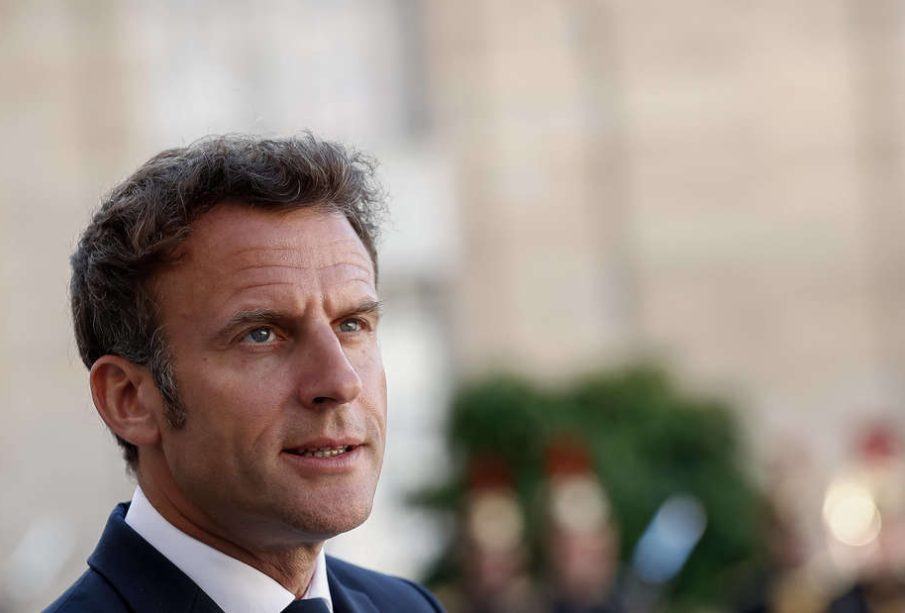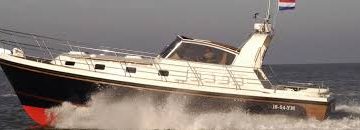Emmanuel Macron: Leadership and Future Challenges Ahead

Introduction
Emmanuel Macron, the President of France since 2017, is a pivotal figure not only in French politics but also in European affairs. His presidency has been marked by bold reforms, international diplomacy, and, more recently, challenges stemming from domestic unrest and the geopolitical landscape. Understanding Macron’s role is crucial as France navigates pressing issues like climate change, economic recovery, and European unity.
Macron’s Reforms and Political Landscape
Since taking office, Macron has implemented several significant reforms aimed at revitalising the French economy, including labour law reforms and changes to the pension system. However, these reforms have often drawn criticism and spurred protests, with the 2018 “Yellow Vest” movement being a notable example of public backlash against perceived inequality and fuel tax hikes. Macron’s approach has consistently been to position himself as a centrist leader capable of bridging the gap between conservative and progressive factions.
Recent Challenges and Domestic Unrest
As of 2023, Macron faces renewed challenges both in governance and public satisfaction. His government has been under scrutiny for its handling of inflation and cost-of-living crises exacerbated by global events such as the COVID-19 pandemic and the conflict in Ukraine. The rise in energy prices has put pressure on households and businesses alike, leading to renewed protests across the country. In the backdrop, the upcoming 2027 presidential election looms, making Macron’s decisions even more consequential in determining his political legacy.
International Relations and Europe
On the international stage, Macron’s leadership is marked by his efforts to strengthen the European Union and address global issues such as security and climate change. France’s role in NATO and relations with the United States, as well as its response to the Russian invasion of Ukraine, have been focal points since the onset of his presidency. Macron has advocated for a more autonomous Europe, promoting the idea of strategic sovereignty, especially regarding defence and technology.
Looking Ahead
As Macron continues his term, the unfolding political landscape will demand adaptability and resilience. The anticipated outcomes of his reforms and response to public discontent will shape not only his legacy but also the future direction of France. Observers suggest that Macron will need to enhance dialogue with citizens while maintaining his reform agenda in order to unify a divided nation and reaffirm France’s leadership in Europe.
Conclusion
Emmanuel Macron remains a significant player in both French and European politics as he navigates a complex array of challenges. His ability to adapt and respond to public concerns while pursuing ambitious reforms will be critical in assessing the future of his presidency. The next few years will be telling in terms of how both Macron and France develop in response to ever-evolving domestic and international pressures.









